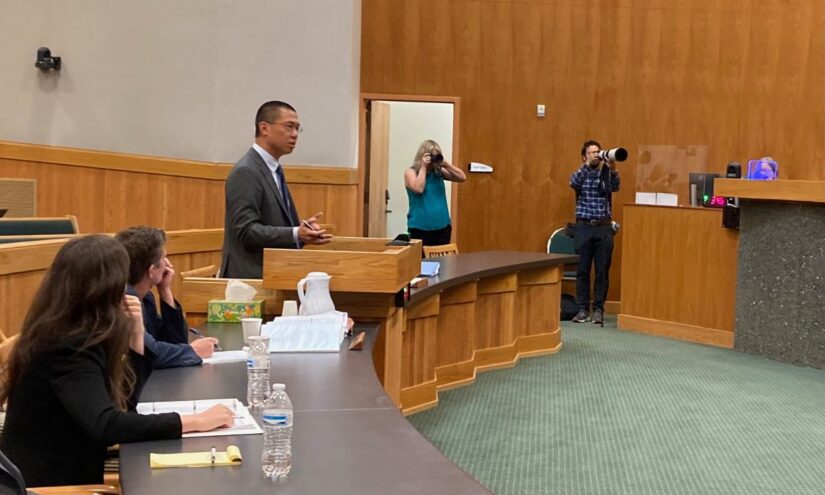Reflecting on the tenets that shape our educational practices is fundamental for …
Alaska Supreme Court Overturns Decision on Homeschool Funding
Jennifer Livingstone

Alaska’s Supreme Court judges overturned a Superior Court decision on Friday that invalidated key elements of the state’s correspondence school initiative.
About 23,000 homeschooled students are now able to utilize their share of state education funding to cover private school fees until the Anchorage Superior Court reexamines the lawsuit.
The Supreme Court rendered its verdict following oral arguments in an appeal related to the State of Alaska, Department of Education, and Early Development v. Alexander case, where claimants contended that utilizing public education funds for private school expenses is unconstitutional.
For urgent reasons, the justices issued a quick summary decision to prevent disruption to numerous students’ education and will release a detailed ruling later on.
The Supreme Court concurred with the state’s attorney, Elbert Lin, asserting that the lower court erred in deeming the state statute fully unconstitutional. They maintained that the state law could be upheld due to “many constitutionally valid uses of funding allocations.”
Referring the matter back, the justices instructed the Superior Court to assess the constitutionality of expenditures on a case-by-case basis. This may shift the responsibility to individual districts for monitoring allocation spending, rather than it lying with the Department of Education and Early Development. Districts were not involved in the lawsuit during the appeal process, preventing an immediate ruling.
The Superior Court was also directed to examine a group of correspondence families’ contention that the U.S. Constitution mandates permitting families to allocate funds for private school tuition.
Both the state and parents employing state funds to enroll their kids in private schools requested clarification from the court on whether it is constitutional for families to allocate homeschool funding for full-time private school tuition.
In a news release, Governor Mike Dunleavy, Education Commissioner Deena Bishop, and Attorney General Trag Taylor commended the decision. Taylor underscored, “The Alaska Supreme Court identified the deficiencies in the previous ruling and plaintiffs’ arguments.” He emphasized the importance of a rigorous interpretation of statutory and constitutional laws.
Jodi Taylor, the wife of Trag Taylor, penned a comprehensive guide on how families can apply funding for classes at private schools.
Scott Kendall, the plaintiffs’ lawyer, expressed confidence in the case despite not achieving the desired outcome from the justices. He perceived their focus being more on procedural aspects rather than the case’s core substance.
If the Superior Court reevaluates the case, plaintiffs could pinpoint a district that permits correspondence fund usage. Kendall hinted that a school district might proactively enter the case to advocate for their practices.
Kendall maintained, “I may not bet, but if I did, I would wager significantly that spending public funds through a correspondence program for private school tuition is unconstitutional. It may take longer to reach that result.”


